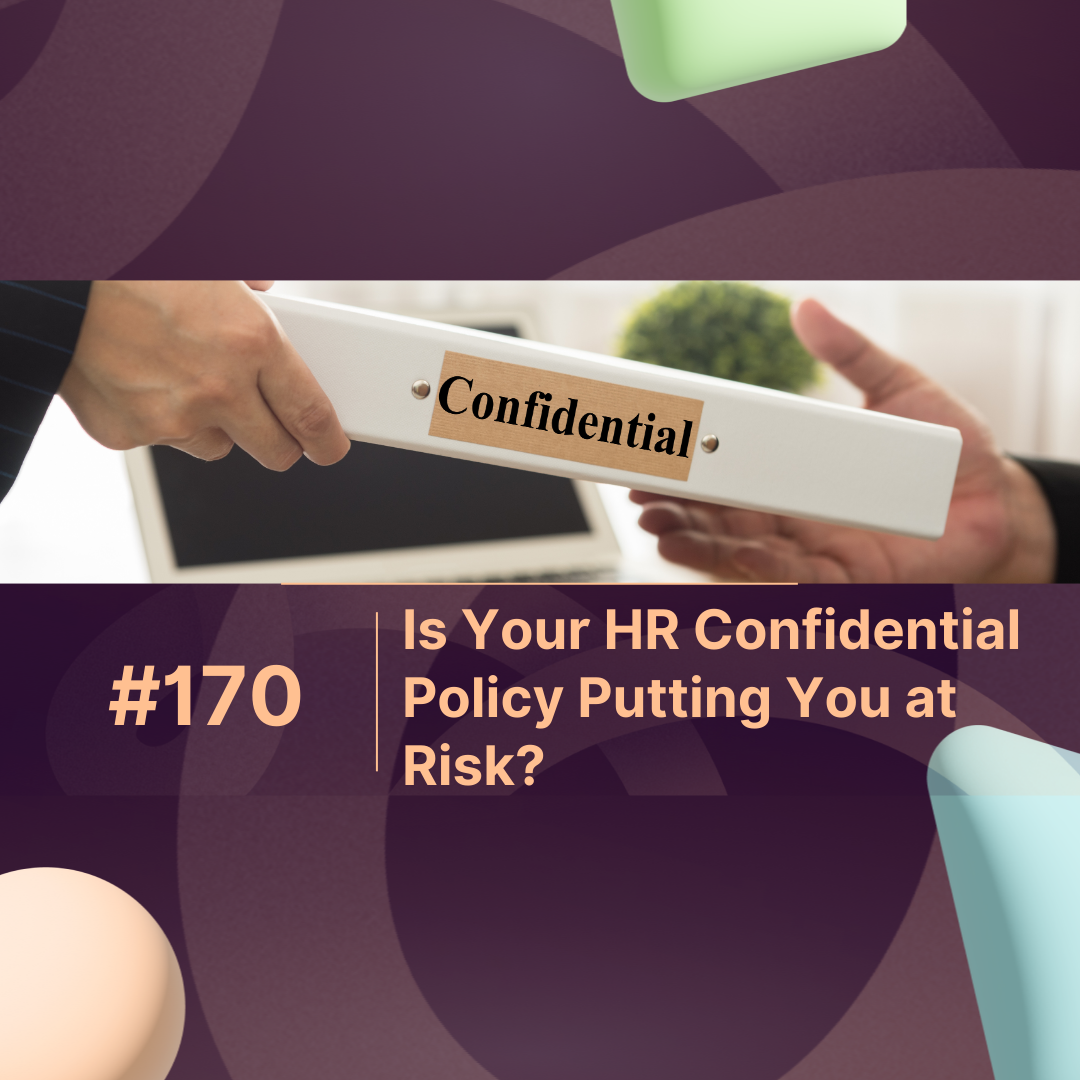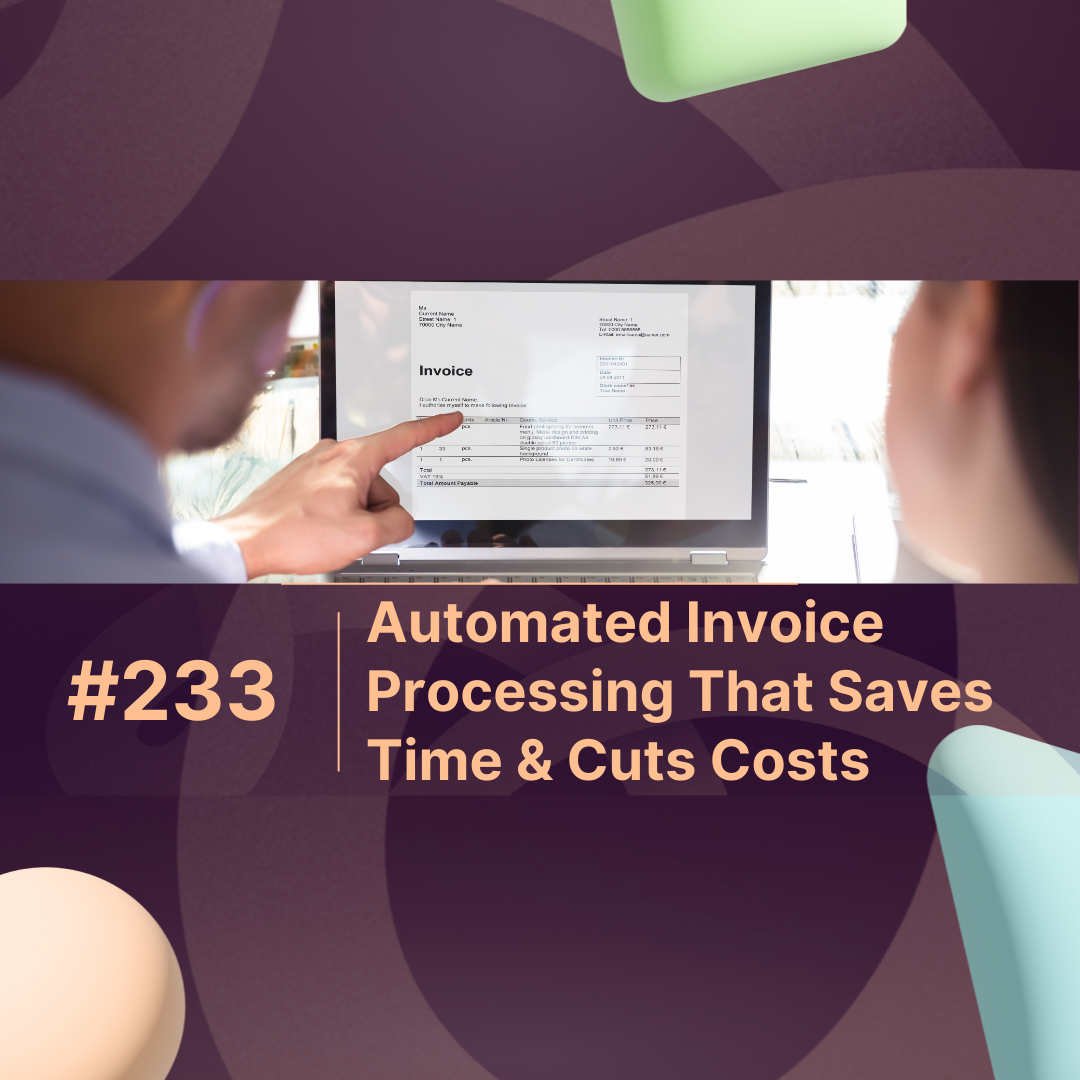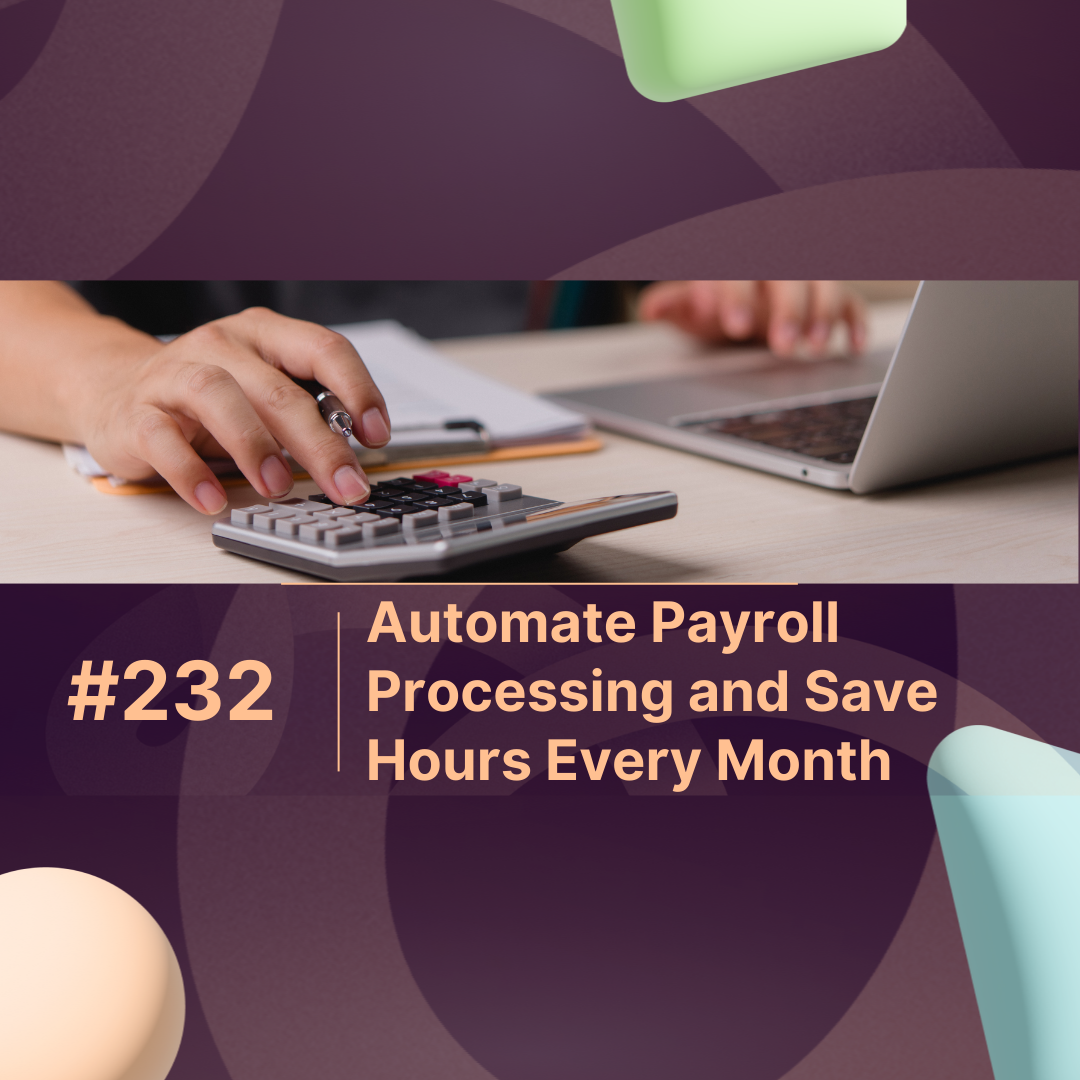Overview
HR confidential policies are meant to protect employee and company data, but when poorly designed, they can backfire exposing your business to compliance issues, reputational damage, and legal risks. In this blog, we’ll explore what makes an HR confidential policy effective, common pitfalls organizations face, and practical steps to ensure your policy safeguards both employee trust and company security.
What Is an HR Confidential Policy?
An HR confidential policy outlines how sensitive employee information—such as payroll, performance reviews, medical records, and disciplinary actions—is stored, accessed, and shared.
When executed correctly, it:
-
Protects personal employee data.
-
Ensures compliance with labor and privacy laws.
-
Builds trust and transparency within the workplace.
However, gaps in policy enforcement can increase risks of data breaches, lawsuits, and employee mistrust.
Why Poor HR Confidential Policies Put Companies at Risk
Businesses often underestimate how sensitive HR data really is. According to a Deloitte study, 32% of employees fear their employer mishandles personal data. Failure to address these concerns can lead to:
| Risk Area | Potential Impact | Example |
|---|---|---|
| Data Breach | Legal fines, reputational harm | Unauthorized payroll data leak |
| Compliance Violations | Regulatory penalties, government audits | GDPR/HIPAA non-compliance |
| Employee Mistrust | Lower retention, poor engagement | Workers feel unsafe reporting issues |
| Legal Liability | Lawsuits from mishandling personal records | Wrongful termination disputes |
Signs Your HR Confidential Policy Is Outdated
Ask yourself:
-
Does your company clearly define who can access what data?
-
Are HR files stored securely (encrypted, access-controlled)?
-
Do employees know how their personal data is being used?
-
Has the policy been updated in the last 18 months?
If you answered “no” to any of the above, your HR confidential policy may be putting you at risk.
Best Practices for a Strong HR Confidential Policy
To ensure your HR confidential policy is compliant and employee-friendly:
-
Update Regularly – Refresh policies every 12–18 months to align with changing laws.
-
Define Access Levels – Use “need-to-know” rules to limit who can view sensitive data.
-
Train Employees – Regularly train HR staff and managers on handling confidential info.
-
Leverage Technology – Adopt secure HR systems with encryption and role-based access.
-
Maintain Transparency – Clearly communicate data usage policies to employees.
Companies using solutions like MaxHR report smoother compliance management and better trust with employees—especially around payroll and data privacy. If payroll compliance is part of your challenge, check out this helpful resource: Payroll Compliance Made Easy – A Step-by-Step Guide for UAE Companies.
Direct Answer: How Do You Reduce Risk in HR Confidential Policies?
You reduce risk by defining access, securing data storage, updating policies, and training staff. A strong HR confidential policy ensures legal compliance, prevents leaks, and improves employee trust.
Conclusion
An HR confidential policy isn’t just a legal safeguard—it’s a trust-building tool. Companies that neglect policy updates risk financial penalties, lawsuits, and a decline in employee confidence. By setting clear rules, adopting secure HR systems, and maintaining transparency, your business can stay compliant and trusted in the eyes of both regulators and employees.
FAQs on HR Confidential Policies
1. What should an HR confidential policy include?
It should cover data access rules, storage security, employee rights, and compliance guidelines.
2. How often should HR confidential policies be updated?
At least every 12–18 months or whenever new labor or privacy laws take effect.
3. Who should have access to confidential HR data?
Only authorized personnel on a “need-to-know” basis—usually HR staff, payroll teams, and legal advisors.
4. What happens if HR data is mishandled?
Mishandling can result in legal penalties, lawsuits, reputational harm, and loss of employee trust.
5. Can HR use employee data without consent?
Only within legal limits and for legitimate business purposes. Transparency and employee communication are critical.



